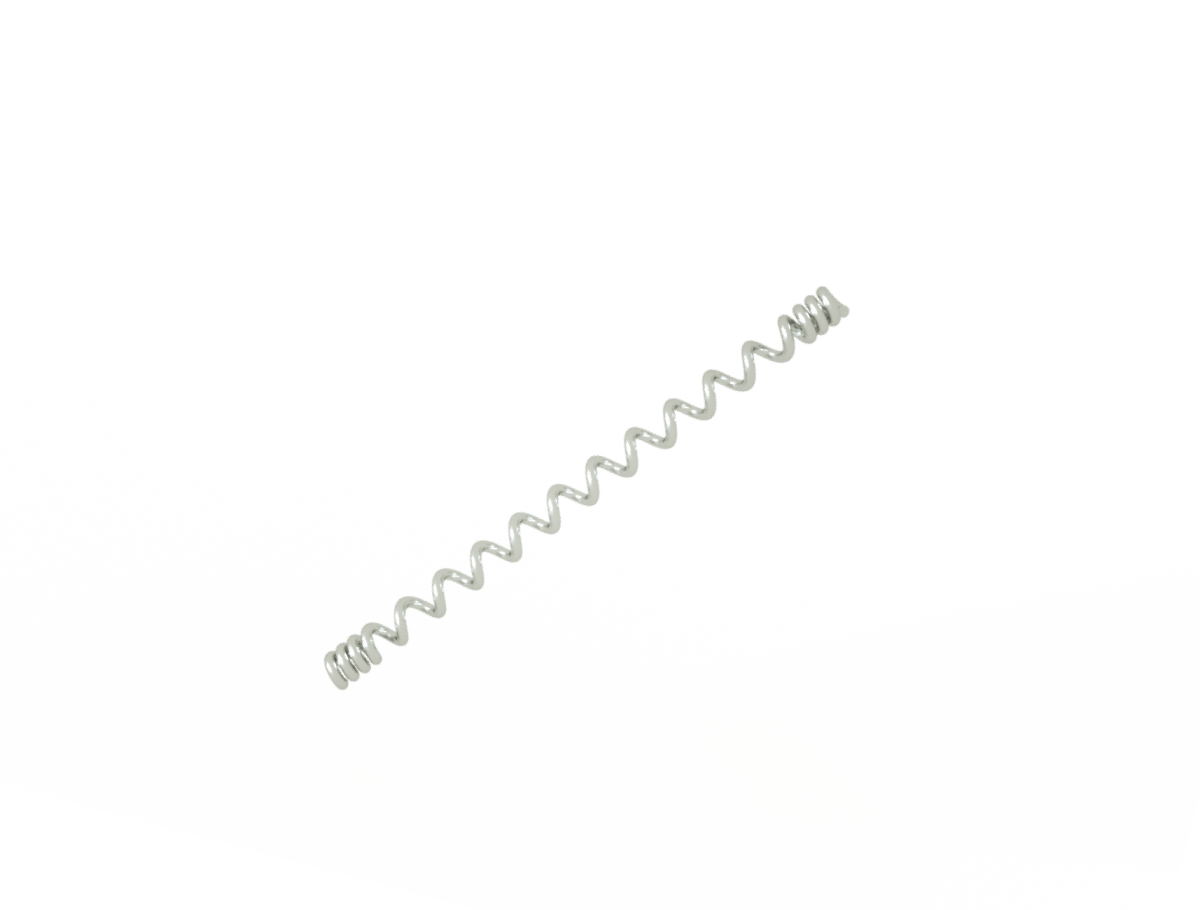If you’re considering orthodontic treatment, understanding the different types of wires used is essential. orthodontic wire types play a crucial role in straightening teeth and achieving optimal results. In this guide, we will explore the various wire options available and their benefits.
The Different Types of Orthodontic Wires
There are several types of orthodontic wires commonly used by dentists and orthodontists:
- Stainless Steel Wires: These are the most common type of wires used in orthodontics. They are durable, resistant to corrosion, and provide consistent force for tooth movement.
- Nickel Titanium (NiTi) Wires: NiTi wires have shape memory properties that allow them to return to their original shape after being deformed. This makes them ideal for patients with irregularly shaped arches or complex tooth movements.
- Beta Titanium Wires: Beta titanium wires offer excellent flexibility and resistance to deformation. They provide gentle forces for tooth alignment while maintaining good control over tooth movement.
- TMA (Titanium Molybdenum Alloy) Wires: TMA wires combine the desirable properties of both stainless steel and beta titanium wires. They exhibit high elasticity, making them suitable for early stages of treatment or patients with nickel allergies.
Shenzhen Superline Technology Co.Ltd.(SLT): Innovating Orthodontic Wire Manufacturing

When it comes to reliable orthodontic wire suppliers, Shenzhen Superline Technology Co.Ltd.(SLT) stands out as a leading manufacturer in the industry. With years of experience and cutting-edge technology, SLT produces high-quality orthodontic wires that meet the demands of orthodontic professionals worldwide.
SLT’s commitment to quality control ensures that their wires are consistently manufactured to precise specifications. Their rigorous testing procedures guarantee optimal performance and reliability, giving orthodontists confidence in using SLT wires for their patients’ treatment.
Endo Perforation Repair: A Game-Changer
One significant advancement in orthodontics is endo perforation repair, a technique used to address root perforations during treatment. This procedure involves sealing the damaged area with biocompatible materials, allowing for proper healing and preventing further complications.
Orthodontic wire types play a crucial role in endo perforation repair. The flexibility and strength of these wires enable precise placement and stabilization of the repaired area, promoting successful healing and minimizing any potential disruptions to the overall treatment process.
In Conclusion
The choice of orthodontic wire types is an important consideration when undergoing orthodontic treatment. Stainless steel, nickel titanium, beta titanium, and TMA wires each offer unique advantages depending on individual patient needs. By partnering with reputable manufacturers like Shenzhen Superline Technology Co.Ltd.(SLT) and incorporating innovative techniques such as endo perforation repair when necessary, you can achieve excellent results while ensuring patient comfort and satisfaction throughout their orthodontic journey.




